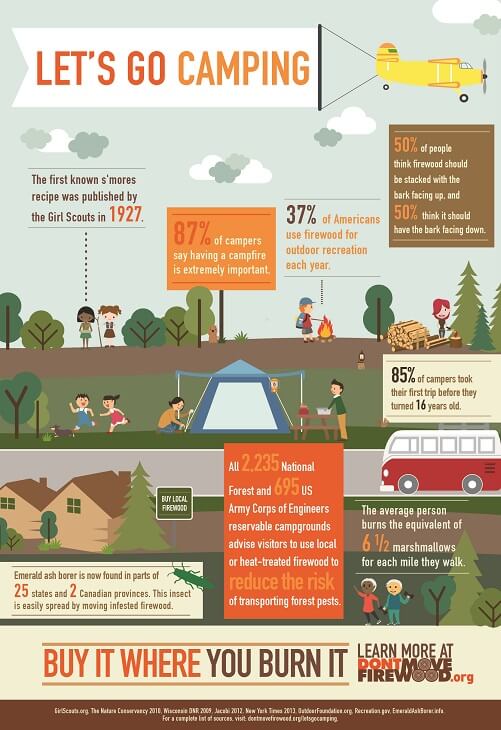Choosing the right structure material is vital for occasion camping tents. Whether it's coated steel for budget outdoors tents or anodized aluminum for sturdy applications, there are lots of considerations to remember.
Steel structures prevail in lower-priced pop-up camping tents yet are prone to rust despite having finishings and call for routine upkeep. Aluminum is light-weight, normally withstands corrosion, and holds up well in damp or seaside atmospheres.
Steel
When it involves guaranteeing the longevity of customized outdoors tents, the material utilized in their frames plays a crucial duty. Steel and aluminum alloys both use costs resilience, yet each offers distinct advantages that make it suitable for various sorts of environments. Steel is suitable for rugged conditions, while light weight aluminum excels in withstanding deterioration and minimizing maintenance expenditures.
When event hosts choose the appropriate tent for their requirements, they require to consider elements like anticipated weather conditions. For instance, framework outdoors tents frequently do much better in windy or stormy problems than post tents since they do not rely upon a central pole to sustain the framework. However, the connections in between structure pieces can compromise in high anxiety scenarios. Identifying these weaknesses and doing normal inspections can help prevent possible damages.
Steel frames are hard to cut, weld or form, which can call for specialized tools and enhance labor expenses. On top of that, they often tend to rust or corrode quickly and might require added protection or coverings. Furthermore, steel is extremely hefty and can create issues when transferring a cover. It's likewise tough to save for extended periods of time because it takes up much more area than aluminum frameworks.
Light weight aluminum
Aluminum is a preferred frame material for cover tents since it's light-weight, rust-resistant, and easy to transport and set up. It likewise supplies an extra secure sanctuary throughout gusty problems than steel frames. Aluminum is less prone to tearing and any damage can be easily repaired, prolonging the life of the tent. It also breathes to decrease condensation and provides exceptional acoustic insulation to moisten outside noise.
The resilience of aluminum frame tents is even more enhanced by the natural oxidation residential or commercial properties of the metal. It creates a compact oxide layer that protects the surface from corrosion and stains. As such, the long life of tent stove a light weight aluminum turn up camping tent can be enhanced even further when the frame is anodized.
Plated light weight aluminum is more powerful than steel and can stand up to high wind rates. Furthermore, the finishing withstands corrosion and stains, extending the lifespan of the tent. In addition, plated light weight aluminum is recyclable and sustainable, making it perfect for businesses seeking LEED qualification. The mix of these residential properties makes light weight aluminum a more cost-effective option than steel for huge, sturdy camping tents, such as those used to accommodate commercial tools and storehouse inventory. Steel, on the other hand, is more pricey due to the fact that it needs expensive alloys such as nitrogen, molybdenum, and chromium to enhance toughness.
Iron
Iron framework tents typically last approximately 15 years if the ideal care and maintenance is used. This consists of frequently cleaning textile and checking metal components for corrosion and wear. By taking these actions, event hosts can make the most of the reliability of their structures and ensure their continued efficiency in difficult environments.
Steel is an excellent product for building durable outdoors tents, particularly for use in extreme weather. It is a strong, tough, and budget friendly product that offers security and durability for a wide range of applications. Nonetheless, steel is prone to rusting in damp and coastal atmospheres. The addition of safety coverings and normal upkeep can help to minimize this danger, but these initiatives increase total maintenance prices.
In contrast, light weight aluminum is a much more durable selection for a customized outdoor tents because of its natural oxidation residential properties. When anodized, light weight aluminum becomes super-strong and approximately three times tougher than conventional aluminum alloys. This makes plated light weight aluminum the second-hardest compound next to diamond (satellites, airplane, and armed forces vehicles all utilize anodized aluminum). In addition to its durability, anodized light weight aluminum is likewise extra resistant to corrosion than steel. These elements make light weight aluminum an excellent option for pop up canopy outdoors tents and contribute to their capacity to carry longer service warranties (5, 7, and even life time frame service warranties). Additionally, light weight aluminum is 1/3 the weight of steel allowing for a much thinner framework layout for more personalization alternatives and enhanced toughness.
